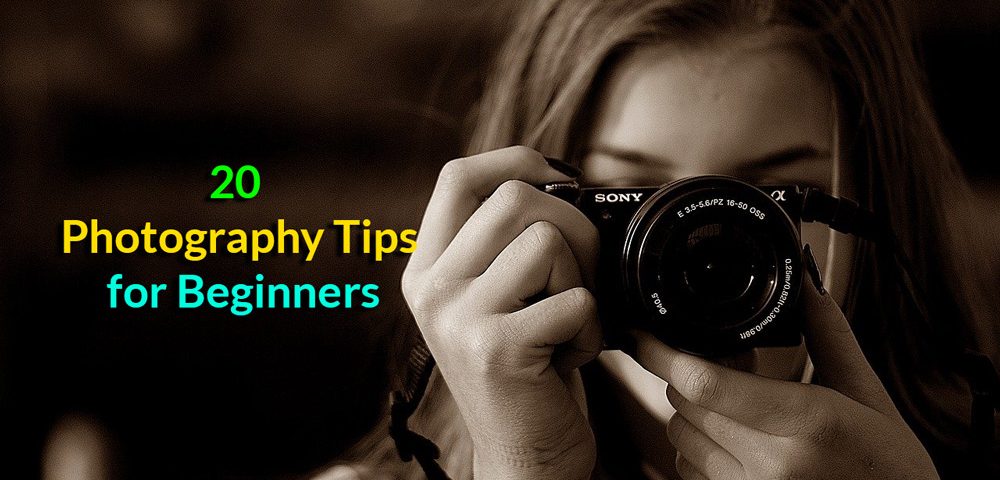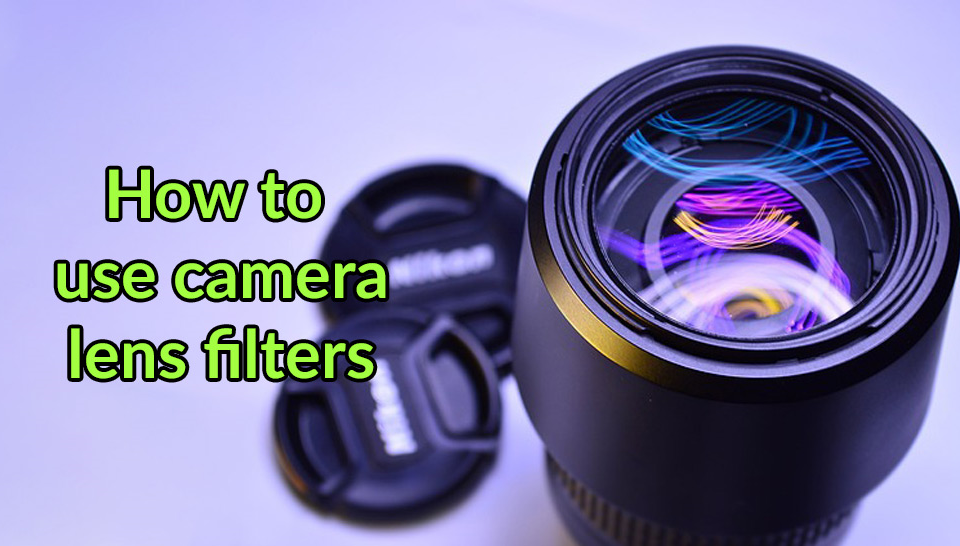20 Photography Tips for Beginners

20 Photography Tips for Beginners
T here are numerous institutions that teach courses on professional photography for beginners. But not every student ends up being a successful photographer. For many, it turns out to be a time and money-wasting project.
On the other hand, many self-taught professionals are good at photography. Thus, in this article, Clipping Path Creative Ltd will discuss photography tips that beginners can quickly grasp and apply.
So, here are our 20 photography tips for beginners that you can follow.
Table of Contents
20 Photography Tips for Beginners You Should Know
Embarking on your photography journey can be both exciting and overwhelming. With a plethora of information available and so many techniques to master, knowing where to start can be challenging. Understanding the basics is crucial whether you’ve just picked up your first camera or want to refine your skills. In this guide, we’ll share 20 essential photography tips for beginners to help you take your skills to the next level. From mastering your camera settings to composing captivating shots, these tips will provide you with a solid foundation and boost your confidence as you explore the world of photography. Let’s dive in and start capturing stunning images!
1. Camera Choice
Sometimes, what kind of camera you have doesn’t matter, but how you use it most efficiently with its given features.
However, if you’re about to buy a new one, you should consider that beginner DSLRs are way better than professional SLRs in films.
Yet the photographers employed for films are professionals and take amazing photos. But honestly, they could also take great pictures with a simple DSLR. The reason is that they’re on a professional level.
2. Composition
It would be best if you fixed your composition. When taking a photo, you should stay engaged in what you’re doing for that photo. Taking a quick picture with minimum effort won’t give you a good outcome.
To manage this, you should know the basics of composing photos. Don’t skip essential parts of the subject or object you photograph by letting it go past your frame’s edge. Level your horizons and lose focus from distracting objects in the image.
3. Settings
An important lesson would be about camera settings. Generally, this needs tons of practice and experimenting to understand, and you should have all the settings on your camera memorized.
To start, it’s best to go through any manual your camera comes with. If there isn’t any, try looking online by typing out the details of your camera’s model and finding an online manual.
4. Highlights
While you’re setting your camera mode, you could likely make a mistake with overexposure in the photo’s highlights. To level your highlights, check when you’re taking pictures and ensure you don’t see overexposure.
If you find any, lower your ISO to 100, the base value. If there’s overexposure even while your ISO is at 100, increase the shutter speed. Setting your aperture to f/32 or f/45 can also help with this issue.
5. Lighting
Lighting is the most critical factor in taking photos with a camera. But just having a lot of light doesn’t make your picture perfect. It’s all about balancing the light’s intensity and direction.
6. Time
Photography takes lots of practice, and the perfect shot also takes time. There’s always a mistake here and there that could go unnoticed. You’ll have to take multiple shots till you get the perfect one.
Another thing you should do is double-check the settings on your camera. You obviously can’t use previous settings set from a prior date to the present date when the scenery is much different. You’ll have to change them to adjust to the current situation.
7. Body Movement
Always sticking to still photos won’t be fun for long. At one point, you’ll want to extend your experience. This is a good thing to stay challenging. Don’t hesitate to climb onto things or buy accessories to lengthen your camera’s height. Move around as much as you like to get the proper distance for your photo.
8. Using Tripods
It’s one of the best photography tips for beginners. Tripods are convenient accessories for your camera. They are pleasing to use for straight photos and help with family photos that need timers.
A cool trick for using tripods is taking multiple photos per minute to capture changes in scenery, as the tripod keeps the camera in a fixed position.
9. Flash
Excessive use of flash is something most inexperienced photographers do, especially in dark environments. However, flashes can be used outdoors during broad daylight as well. There’s a term called ‘fill flash.’ This refers to filling shadows around your subject by using a light flash. We can remove flare from your images at a cheap price.
10. Lenses
You can’t ignore cleaning your camera lenses and expect to take good photos while your lens is dirty, smudged, or scratched. The safest way to clean them is using a microfiber cloth and cleaning solution for lenses.
Doing this at least once a week should be fine.
11. Filters
Avoid buying cheap or old filters if you don’t want blurry photos. This is something you do need to consider spending money on. Having a lousy filter in front of your lens means your photos will have corners that will be blurred or slight white areas that look like light from a lamp.
Most of the time, filters aren’t needed at all unless you’re in an environment where protective gear is needed, such as camping.
12. Post Processing
An essential part of being a photographer is knowing the basics of photo post-processing. Proper processing makes it possible even to turn bad photos into good ones. But when editing, make sure you edit on a copy, not the original file.
13. Backup
Don’t ever forget to keep a backup of all your photos. You never know when you’ll need which photo at what point in your life.
It’s good to keep all your photos from your beginner stage until the current stage to see your progress and the changes. When you visit, you’re getting better with experience; it’ll boost your confidence.
14. Organizing Things
The day after, you take many photos, keep them in a folder, and label them with the event or date. Since you will be taking multiple images, it’s good to keep your collection of photos organized so they don’t get all scattered and mixed up.
15. Socializing
Meeting other photographers expands your knowledge about the photography world. Everyone comes from different places and has a different view on life. Their experience in photography could differ from yours on an emotional level.
So, it’s good to get to know other photographers, listen to their stories, and maybe get some advice. It’s best if they’re professional photographers so that they can advise you well.
16. Weaknesses
Every beginner photographer has a weakness or two at first that needs fixing. You might not be able to detect the problem in the beginning. Maybe some other photographer will point it out for you, or maybe over time, you’ll notice it yourself.
If you know you lack some skills, it’s good to read over the manual to see if there’s something technical you’re missing. If it’s more about how you’re doing it, try asking a photographer friend for advice or a demonstration to help you understand what you’re doing wrong.
17. Reflections
Another excellent technique most professionals use is photographing reflections. Whether from a mirror or water, mirrored effects are prevalent nowadays.
18. Photographing Fireworks
Fireworks happen rarely and are also pretty tricky to take photos of. One issue is speed and timing. The other is the sudden bursts of light flickering in the sky.
Therefore, the advantage is that you can experiment and adjust your settings. Because fireworks happen for about ten to twenty minutes, various numbers and colors of fireworks will be there. For the first few minutes, take your time to adjust to the sound and light, along with understanding the lighting and timing.
19. Photographing Pets
We all know pets never want to stay still on the camera. Yet the best photos of pets are when they’re active and playing. That is the tricky part because you have to take pictures of a rapidly and continuously moving subject.
For this, you need a short telephoto lens. When using this, make sure you’re leaning on a wall. Use the shutter priority mode and the setting of 1/125 or 1/500 second to take multiple quick pictures.
20. Photographing Parties
Since parties usually happen indoors and in dark environments, using lenses with comprehensive zoom features is good. Also, it’s perfect for photos in tight spaces or even group photos.
Try not to use the built-in flash because it ruins the photos. External flashes are much better because they bounce off the walls and ceiling.
Final Words
Modern photographers buy a lot of accessories.
But such accessories aren’t always practical for beginners since they won’t be able to use them properly. Instead, they need to work on the basics.
We hope the above photography tips for beginners will help you understand camerawork better and grow as a photographer.



















12 Comments
Thank you so much for your great photography tips. It would be helpful for newbies like me.
[…] know how to fix the mistakes, you will never be able to get that perfect shot. So we think these photography tips would be helpful for […]
You are always welcome
[…] clicks. If you are an inpatient then you can never take fabulous clicks. Whatever technique of photography you hold in, so, be patient that will surely benefit […]
[…] 20 Photography Tips for Beginners […]
[…] keep 5 incredible photography tips to make the beginners successful, and you’re welcome to read all the tips as the professional […]
[…] confused about what kind of photography you should master? Do you also want to make professional photography your full-time career? If so, this article is for you only. But first of all, I would like to say […]
[…] before taking a picture, but one that cuts across all of them is the photography lighting. In photography, beauty is in the simplest of details and this can be captured under good studio lighting […]
This is really an insightful article. Eager to learn more from you guys. Smooth, crisp and well summarized. I fell in love with the very first point itself. It is definitely true. It is not the camera you use but the person behind the camera. Keep up the good work!
I think a good quality photographer needs to know the tips you write. I think your tips are very effective. I am a regular visitor to your page. Thank you for the good information.
Thank you for sharing this!
I really appreciate it.
You are always welcome